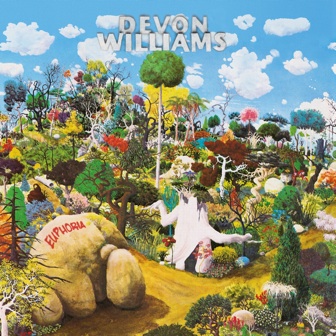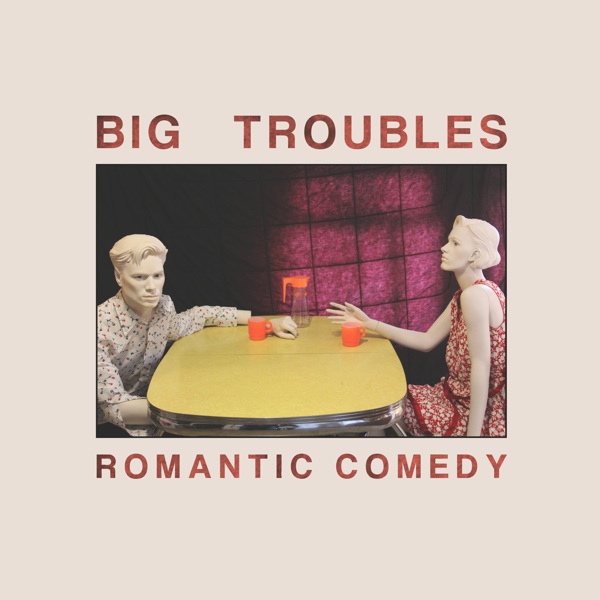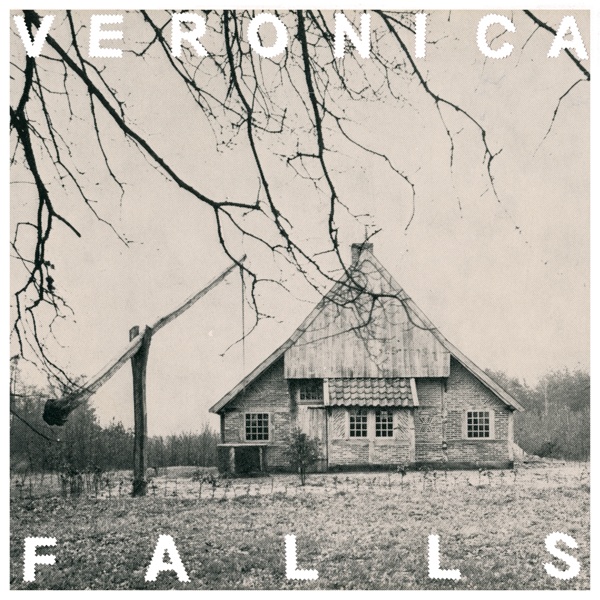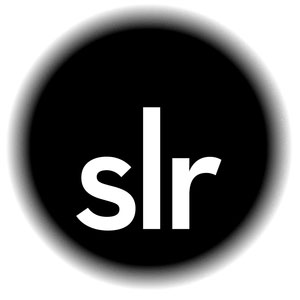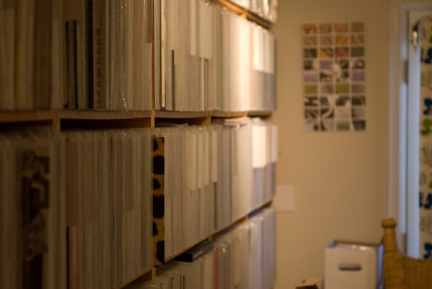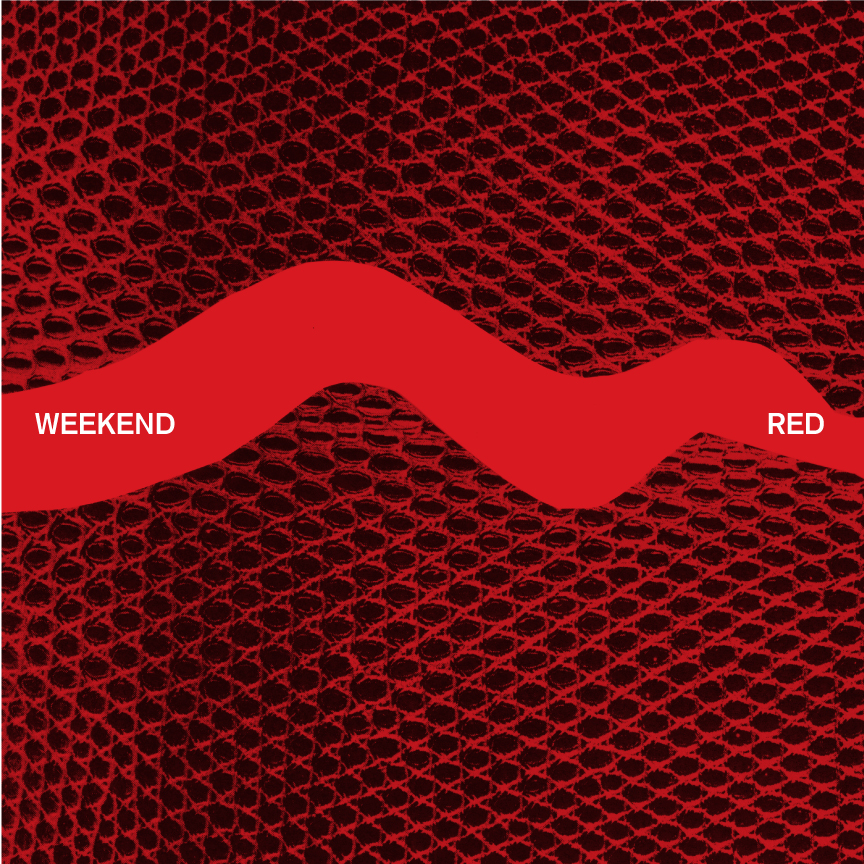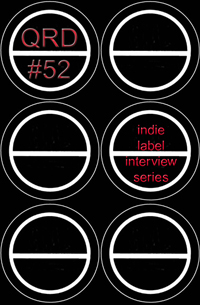
August 2011
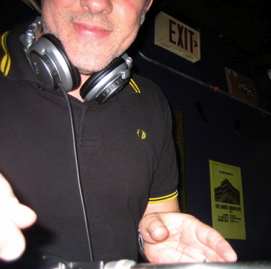
Name: Mike
Schulman
Label: Slumberland Records
City: Oakland, CA
Artists Roster: The Pains of Being Pure At Heart, Brilliant Colors,
Devon Williams, Kids On A Crime Spree, Gold-Bears, Weekend, Girls
Names, Big Troubles, Veronica Falls, Neverever, Sea Lions, The Mantles,
Terry Malts, Crystal Stilts, Sarandon, Phil Wilson, Frankie Rose, Brown
Recluse, Brave Irene, Procedure Club, Spectrals
Websites: www.slumberlandrecords.com
QRD – When & why did you start your label?
Mike – A group of 5 or 6 of us started the label in 1989. We were in a
bunch of bands together with overlapping memberships & thought
the music we were making was out-of-step enough with what was going on
that it seemed pointless to try & get someone else to put it
out. So we did it ourselves.
QRD – Where did you get the money to finance your first few releases?
Mike – Raiding my savings.
QRD – How many releases have you put out?
Mike – About 150.
QRD – How many releases would you like to do a year?
Mike – Something around ten would be optimal.
QRD – How many hours a week do you work on the label & how many
would you like to?
Mike – I do the label full-time now, which given my other obligations
(family, etc) comes to about 50 hours. I could work 80 hours a week
& still probably be behind.
QRD – What are the fun &/or rewarding parts about running a
label?
Mike – Getting a box of a new release & holding it in my hands
for the first time. Having a band be really grateful. Getting
appreciative fan mail.
QRD – How have your motivations for having a label changed?
Mike – Not really. I just want to put out stuff that I like regardless
of whatever is currently popular & try to get the music out
there to as many people as possible.
QRD – What do you feel is the biggest waste of your time running the
label?
Mike – Back office stuff, record keeping. It’s just not my core
competency - I prefer the creative side.
QRD – What are some labels you admire or feel a kinship to?
Mike – Past: Postcard, Rough Trade, Creation, Sarah, early K, Dischord
Current: R&S, Perlon, Soul Jazz, Soundway, Analog Africa
QRD – What other work experiences prepared you to have a label?
Mike – I worked in record stores for years, which was especially
helpful when we started, cause I already knew a little about
distribution & had some contacts.
QRD – What makes you label special & unique?
Mike – I think it’s cool that we’ve been able to last as long as we
have & are right now putting out what I consider to be some of
the best releases we ever have. Putting out great records is obviously
not unique to us, but I think we’ve been lucky to be able to release
some truly outstanding albums.
QRD – How has your physical location effected your label?
Mike – Oakland has never exactly been the center of attention for the
music press. Over the last few years especially, I’m sure we’d have a
slightly different press profile if we were based in NYC or Brooklyn.
QRD – Do you enjoy music as much now as you used to & how has
running a label effected how you listen to/hear music?
Mike – I think I do. I got into releasing other people’s music because
I’m a fan first & I’ve always loved sharing music with people.
I have a little less time now to just sit down & listen to
records for pleasure, but I *always* have something playing while I’m
working.
QRD – What’s your demos policy? How do you find out about new artists
for your label?
Mike – We discourage demos mainly because we just don’t have enough
time to listen to them, & we keep our release schedule pretty
packed as it is. I find about new artists through friends or through
releases on other labels.
QRD – How do most fans find out about your label?
Mike – I guess through friends, word of mouth.
QRD – What’s been your biggest selling release & why do you
think it was?
Mike – The first Pains of Being Pure At Heart album. In addition to it
being a fantastic record, it seemed to arrive at just the right time
& sort of captured a slice of the zeitgeist.
QRD – What release that you’ve done was the most important &
special to you personally?
Mike – Hmm, hard to narrow it down. Probably The Aislers Set’s “The
Last Match.” Linton had already put out quite a bit of stuff on SLR
with The Aislers & Henry’s Dress, & “The Last Match”
just floored me. The band had been playing the songs out a bit so I was
familiar enough with them, but the finished recordings just summed up
everything I thought a great pop record should be.
QRD – What are some things that make you want to work with a band?
Mike – Great songs, not being assholes.
QRD – What are some things that would make you stop working with a band?
Mike – Them being assholes.
QRD – What is the thing all releases on your label have in common?
Mike – Quality tunes.
QRD – How involved are you with a band for acting as a producer as far
as hearing demo ideas or selecting tracks to be on a release or mixing
& mastering?
Mike – A little bit, kind of depends on the band. Some deliver me
finished records ready to go, others want more input.
QRD – How involved do you like to be in the artwork design for a
release?
Mike – I should probably be more involved with the art. I want the
aesthetic to fit with what the band are after, but sometimes the art is
technically not up to snuff & creates havoc in production.
QRD – How long is it from when an artist delivers an album to you until
release date & why?
Mike – Usually 12-16 weeks. Takes about that long to get the LPs
& CDs manufactured & get the promos out there.
QRD – If a band breaks up between the recording of a release &
the release date, how does that effect what you do?
Mike – I haven’t had that happen. I’d imagine I’d release the record
anyway, but scale back on pressing & perhaps promotion.
QRD – What do you wish bands on your label would do?
Mike – Tour. All the time. For some reason bands that tour seem to get
their records taken much more seriously.
QRD – What‚s a record you‚d like to put out that you’ll never be able
to?
Mike – A compilation of all the Postcard singles.
QRD – If you really like a band, but aren’t sure you could sell many
copies of their record; what do you do?
Mike – Put it out anyway.
QRD – How is financing of a release split between artists & the
label?
Mike – All over the map, depends on the project.
QRD – How do you split profits from a release between artists &
your label?
Mike – 50/50
QRD – Do you have written contracts with your bands or handshake deals?
Mike – Both.
QRD – Do you take a cut of a band’s publishing?
Mike – No.
QRD – How important is it to you to have touring acts on your roster
& what do you do to encourage it?
Mike – See answer above.
QRD – Do you handle promotions in house or hire out & why?
Mike – I hire it out, though I do some follow-up myself. There’s only
so much time in the day.…
QRD – How do you maintain contact with your fanbase?
Mike – We have a mailing list, a blog, & a pretty active
Facebook page.
QRD – Do you have intern & street team programs & if
so, how do they operate?
Mike – In progress...
QRD – How big of a staff do you have & how big of one do you
need?
Mike – I have a staff of one - myself. I’d think 3 people would be
pretty good - one numbers person & two music heads.
QRD – What do you do to build relationships with record stores?
Mike – We work with our distributor to set up listening stations
& incentive programs & get listening copies &
posters to the shops.
QRD – What do you do to build relationships with radio stations?
Mike – We have a great team in Terrorbird who handle this for us.
QRD – What do you do to build relationships with magazines &
websites?
Mike – Mostly through constant contact, trying to raise awareness of
the releases.
QRD – What do you do to build relationships with bloggers?
Mike – I have a mailing list for bloggers that delivers full downloads
& press kits for each release. We do some contests &
giveaways as well.
QRD – Do you view advertisements as a way to generate interest
& revenue or more as a way to financially support magazines
& websites you like?
Mike – It’s hard to quantify an impact on revenue, but ads can be a
great way to inform customers who might not see the records around
otherwise.
QRD – What is the job of your distributors?
Mike – Worldwide retail distro.
QRD – How do you decide how big the initial pressing of a release
should be?
Mike – Sometimes based on pre-orders, sometimes on a hunch. The latter
are usually incorrect.
QRD – What percentage of a pressing do you use for promotions?
Mike – About 35% of the CDs.
QRD – Do you sell merchandise other than the music (t-shirts, etc.)?
Mike – No.
QRD – Do you sell music that is not on your label?
Mike – A little bit, mostly records by SLR bands on other labels.
QRD – How has running a label effected your own artistic career?
Mike – I still play in bands & it is nice to know that I still
don’t need to send out demos to get something released.
QRD – Ideally, would you release your own material?
Mike – I do.
QRD – What do you do to try to build a sense of community within your
roster?
Mike – I try to get the bands to play with each other as much as
possible.
QRD – What’s your most common conversation with bands as far as
balancing artistic integrity & financial viability?
Mike – Do what feels right. Don’t worry about what other people might
think or say.
QRD – How often do you look at your “return on investment” &
adjust your business model?
Mike – Not often enough!
QRD – Do you worry about search engine optimization & website
traffic?
Mike – No, but I probably should.
QRD – What have you done to cut costs over the years?
Mike – Found cheaper suppliers for LPs & CDs.
QRD – Do you think the album format is dead?
Mike – Pretty close. I think there’s still a small portion of people
who really appreciate the experience of listening to a set of songs
that an artist has crafted to be listened to together, in order. But to
most people albums are just a vehicle for a few songs of interest.
QRD – Do you think the return of vinyl & cassettes is a fad?
Mike – Yes.
QRD – Is it important to have physical releases over digital ones or
does it not matter?
Mike – I personally prefer vinyl to all other formats & I’m not
sure I could retain as much interest in running the label if it became
truly un-economic to press them.
QRD – What do you think of ultra-limited runs of releases (less than
100 discs)?
Mike – Eh. I’m not a big fan of false scarcity.
QRD – What do you think of “print on demand” discs?
Mike – I don’t know about them, but the idea of not having to maintain
a warehouse full of stock is appealing.
QRD – How much content do you feel should be available free to fans?
Mike – We try to provide streams &/or downloads of 2 or 3 key
songs from each album & the a-side of each single. I think that
if the tracks are well chosen this should give the listener a good idea
of what a given record is about.
QRD – What do you do about people distributing your music without
financial compensation (piracy & file trading)?
Mike – It’s disappointing to me how many people try to justify doing it
as helping the artist, freeing them from the shackles of the labels,
& other such nonsense.
QRD – What’s something you see other labels do that you think of as
borderline unethical?
Mike – n/a
QRD – What changes in things would cause you to stop your label?
Mike – Financial hardship, exhaustion.
QRD – What would you suggest to someone starting a label today?
Mike – Don’t do it unless you can afford to lose a lot of money
& are going to do something different.
QRD – Where do you think money is currently most available to
labels/musicians & where in the future?
Mike – Currently the money for smaller labels/bands is split between
physical product, digital, & merch. I’d expect the digital side
to continue to grow.
QRD – Why do you think labels are still important to artists?
Mike – An artist’s job is to make art & not necessarily be
bogged down in the minutiae of selling it. A label that an artist is
comfortable with can really free them up to concentrate on what they do
best.
QRD – Music has had different hotspots on the internet over the years
(newsgroups, MP3.com, MySpace, LastFM), but with MySpace’s decline,
what do you see as the place where “normal” people go to find out about
& get excited by new music?
Mike – Seems like blogs are ruling the roost right now.
QRD – In 20 years what do you think/hope your label will be
known/remembered for?
Mike – Never following trends, putting out consistently
interesting/entertaining records. I’m a big fan of being entertained,
not every record need to be “difficult” to be of value.







